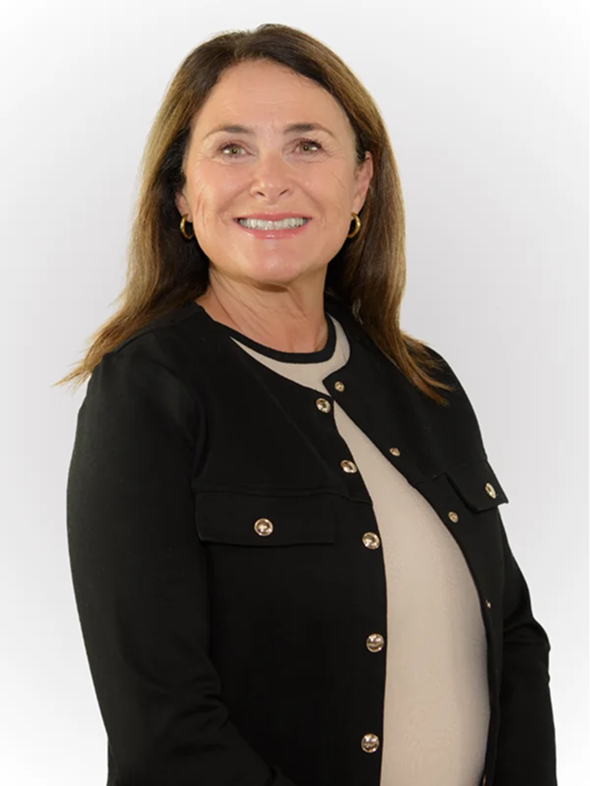Payment Protection Insurance developments in the High Court
The High Court has made some significant findings in relation to the conduct of GE Money in the sale of Payment Protection Insurance to its customers.
On Tuesday, 25 August, Ms. Justice Iseult O’ Malley of the High Court delivered her judgment in an appeal by way of case stated from a May 2014 decision of Judge O’ Neill of the Dublin District Court. She found that the judge who heard the original case in the District Court erred in holding that the conduct of GE Money was ‘beyond reproach’ having regard to the admitted failure by GE Money to disclose the relationship between the bank itself and the PPI insurance underwriter. She also found that the District Court judge had erred in holding that the commissions earned by GE Money were not relevant to the claim of PPI mis-selling.
Larry Untoy had entered into a number of linked flexible loan agreements with GE Money in 2007 and 2008 and had ticked the box on the loan application forms to avail of Payment Protection Insurance to protect his repayments on those loans. In total, Mr. Untoy paid €701.33 in insurance premiums to GE for payment protection insurance. In offering him a separate payment protection policy on each occasion, GE Money was in fact acting as an intermediary for an underwriting company called Lighthouse General insurance Company Limited. As Lighthouse is owned by the same parent as GE Money, Mr. Untoy claimed that GE Money misled him in failing to disclose its relationship with the underwriter and in failing to disclose the fact that it was earning commission on the sale.
There is an express requirement under Regulation 19(1)(d) of the European Communities (Insurance Mediation) Regulations 2005 that the consumer must be told of the nature of the relationship between the insurance intermediary and the insurance underwriter. The judge said that this requirement cannot be regarded as window-dressing and is a mandatory part of the information structure. While Mr. Untoy gave to the District Court that he assumed that GE Money and the underwriter were the same entity, this is where, in the judge’s view, the question of commission became material. She said that if a consumer believes that one entity is selling both the loan and the insurance, he or she is unlikely to think that commission arises. Where the services are being provided by entirely separate entities, commission becomes a more likely possibility and one which the average consumer might enquire into. Where the companies are related and one is paying commission to the other, it seemed to the judge that both of these pieces of information are material since the consumer may well not realise that he or she is, in effect, paying “on the double” to related entities. She said that, at that point, the size of the commission becomes relevant, having regard to whether or not the Payment Protection Insurance was good value.
Ms. Justice O’ Malley found that GE Money’s conduct was capable of amounting to a misleading commercial practice within the meaning of s.43(2) and s.43(3)(c) of the Consumer Protection Act 2007. She added that the non-disclosure of commission, particularly if combined with a failure to give adequate information as to the connection between GE Money and the underwriter, is something likely to cause a consumer to be misled in relation to the manner in which the price of the product is calculated. That is something that gives rise to an action for damages.
Final orders in the appeal will be made on 15 October next and Mr. Untoy’s claim will be sent back to Judge O’ Neill of the District Court review his decision in light of the High Court judgment.
Over a hundred cases of PPI mis-selling by GE Money are pending before the Irish Courts with hundreds of further claims standing by. The findings of Ms. Justice O’ Malley are a significant development towards resolution of the claims in favour of the claimants.
Contact us on 01-5313800 for further information.


![Sodium Valproate Inquiry [2025] Coleman Legal LLP](https://colemanlegalpartners.ie/wp-content/uploads/2025/07/Sodium-Valproate-Inquiry-2025-Coleman-Legal-LLP-1024x536.webp)

